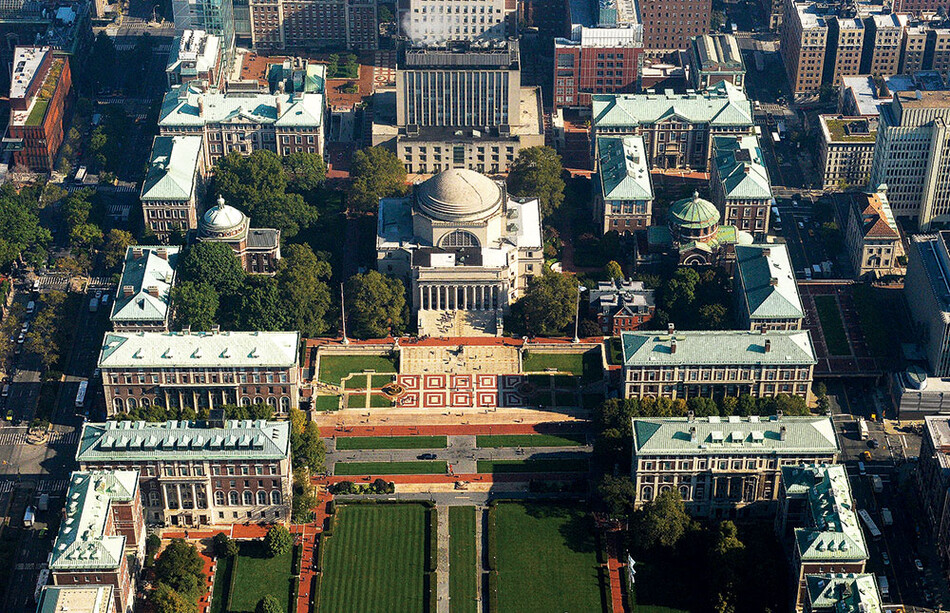On July 23, Columbia announced that it had reached an agreement with the US government to resolve multiple federal agency investigations into alleged violations of antidiscrimination laws. As part of the resolution, the University will pay a $200 million settlement over three years to the federal government. In addition, the University agreed to settle investigations brought by the US Equal Employment Opportunity Commission for $21 million. The investigations stemmed from allegations that the University had violated federal antidiscrimination laws by not adequately addressing antisemitism on campus following October 7, 2023.
Under the agreement, the vast majority of the $400 million in federal research grants that were terminated or paused in March will be reinstated, and Columbia’s access to billions of dollars in current and future grants will be restored. The University pledged to follow through on commitments it made earlier this year to reduce campus unrest and to implement a range of policies to combat antisemitism, as well as continuing to abide by laws banning the consideration of race in admissions and hiring.
The agreement preserves Columbia’s independence and authority over all faculty hiring, admissions, and academic decision-making. “This was our north star, and we did not waver from it,” said acting president Claire Shipman ’86CC, ’94SIPA in a statement announcing the agreement. “Columbia’s governance remains in our control. The federal government will not dictate what we teach, who teaches, or which students we admit.”
As part of the settlement, the University has not admitted to wrongdoing or to violations of Title VI of the Civil Rights Act. “We are not, however, denying the very serious and painful challenges our institution has faced with antisemitism,” Shipman wrote. “For these reasons, we took several important corrective steps in March, many of which are in this agreement, including a new provision for a liaison to the Jewish community, situated in University Life. … I announced additional measures to combat antisemitism last week. We know there is still more to do. We will work on multiple fronts to combat all forms of hatred and intolerance at Columbia, and you will see more efforts to that end in the coming months.”
The agreement also establishes a jointly selected independent monitor whose sole focus is assessing the implementation of the resolution, through regular reports provided to the monitor by the University. “The success of the agreement requires that both parties honor it, and commit to the processes laid out in the event of disputes,” Shipman wrote. “The agreement allows us to hold the government to that process with respect to any concerns about compliance. This predictable structure is far preferable, in our view, to piecemeal scrutiny, and will allow us to focus on long-term progress for our institution.”
Her letter continues: “For months, Columbia’s discussions with the federal government have been set up as a test of principle — a binary fight between courage and capitulation. But like most things in life, the reality is far more complex. … In the end, we have arrived at a carefully crafted agreement that protects our institution and our values, and that will allow us to move forward, with strength, resuming the vital work we do in service to the nation and to humanity. … My hope is that the Columbia University community is ready to reset, to focus again on academic rigor and respectful debate, and to use this moment of challenge as a chance to imagine and build a stronger institution than ever.”
For updates, visit president.columbia.edu.



